 Doulas and Midwives in the Current Birthing Landscape – AMANI Birth
Doulas and Midwives in the Current Birthing Landscape – AMANI BirthDoula vs. Midwife: What is the difference? Every new mother needs help. Fortunately, there are two types of experts who can help an expectant mother make the transition from pregnancy to maternity: doulas and midwives. Although most people think they have similar functions, doulas and midwives actually have different trainings, duties and certifications. Continue reading to find out which are the main differences between the two. Think of a doula as a pregnant mother's BFF. The word doula is actually Greek for the servant of the woman. Their link develops long before the scheduled date, as they both plan how they would like the birth process to go, and learn the answers to the many questions they probably have. There are two types of doulas: birth and postpartum. Birth Doula The main job of the birth doula (or work doula) is to be next to you offering non-medical techniques during work, such as breathing, massage and helping to move in different body positions. They can also provide emotional support and act as a defender on their behalf. No matter what kind of birth you have, a doula will be there to help you feel safe and empowered. A doula will support you in your decision to use medicines or have a "natural" or unmedicated birth. In case it is not planned, a doula can help comfort you and pay extra attention to help relieve fears and anxieties. A doula can be a useful part of your delivery team. According to one, many mothers report the need for less medical intervention and greater satisfaction with the birth process by using a doula. However, it is important to note that a doula is not a substitute for a doctor or midwife, as they do not have the same medical training in depth. Postpartum doula After birth, postpartum doulas help a new mother while recovering from the birth process. This includes taking care of the baby and guiding a mother through the breastfeeding process. Doulas can also play an important role in their domestic life, especially if there are older brothers in the home. Certification Not all doulas go through a certification process. If a doula seeks certification training, it usually includes teaching training and attendance during live births. Certification is usually not necessary but may vary by state. Lawmakers in some states are working to allow doulas to be reimbursed by Medicaid. This can increase certification and regulation. The formal training can be obtained through , , or .A mother's friend, who is not certified, can also use the doula title, but his duties are controversial within the medical community. Untrained doulas are considered as labor support and their role is different. They should not be part of any medical aspect of the birth process. A midwife is a trained medical professional, and can be a woman or a man. They play a key role during the birth process. The midwives have. Some midwives are registered nurses, while others have a specialized degree. Postgraduate school and certification is the normal path in the United States. Certified nurses can do many of the same things as doctors, including: midwives can handle postpartum bleeding and more complications than a delivery and delivery nurse. Midwive care centres focus on promoting unmedicated birth, detecting complications and using emergency measures where necessary. A credential midwife is allowed to work in any environment, including health clinics, hospitals or the home. CertificationAs doulas, midwife certification laws vary according to the state. According to the , a midwife must be registered or licensed by a program recognized in the country in which it practices. All midwives must undergo specific education, training and supervised clinical experience, and complete the certification requirements established by the . In the United States, midwives are certified through and through it. Many midwives in the United States are also registered nurses. They are called Certified Nurse-Midwives (CNM) and have a bachelor's degree from an accredited institution, as well as a certification from . The midwives are commonly certified as , with advanced knowledge in the breastfeeding process. The most important aspect of a midwife or doula is how they interact with the expectant mother. Find someone who strongly advocates you, and respect your views and views on pregnancy and the birth process. This is the key when you're forming a bond. Experience is another important factor. Doulas and midwives with more years of experience and births under their belts are generally the best. Getting a recommendation from a friend or family member who has used a midwife or doula can help you find a capable and experienced person. If you find a midwife or doula of an online service, ask for references from other mothers and do your own research. Also, ask to see the certificates they received at the end of their training and their license to practice if they are nurses. Since both professions offer benefits to expectant mothers, you can have a midwife and a doula to help you during the delivery process. If you are having a home birth, you will want at least one midwife, as your medical training and experience is crucial if problems arise. Midwives can anticipate problems and make a continuous evaluation of the mother and baby. In addition, doulas cannot prescribe painkillers, or order an epidural, so if you want to keep those options open, having a midwife there will give you more flexibility. Doulas are not health professionals: they are trained people who can provide support to the mother and the nursing family. Talk to your delivery team, including your doctor, to see who best suits your specific delivery needs. Last medical review on March 5, 2019 Read this next set of words
Download The app explores more tools like Planner+ and Food Safety. The difference between a midwife and a doula and they seem similar, as both are people (not OBs) who help women through work. And both are most commonly chosen by moms-a-ser who are drug-free during delivery. But their roles in the labor process are actually very different. A midwife is a health care provider, while a doula is more than a delivery coach. You may choose to have a midwife instead of an OB for prenatal care and to deliver to your baby: midwifes can deliver babies in hospitals, delivery centers or even at home. On the other hand, a doula does not replace your doctor, but can add additional services, such as helping you with pain management techniques during delivery and even providing support and help during the early days of the baby. Isn't it great that there are so many people that can help you? Also, more of The Bomb:Take this from me: This is what Midwifery is really all about what a midwifery is? Your baby is 45 weeks old! Bumpie Tip of the Week: Midwife Vs. OB?A Glimpse at Midwifery Around the World Should more moms be used to use midwives?5 Reasons to consider getting a Doula What is a Doula? Why did I hire a Doula? What is a Postpartum Doula?

What's the difference between a doula and a midwife? This infographic does a great job explaining the differ… | Natural beauty tips, Beauty infographic, Beauty care
The Difference Between a Birth Doula and a Midwife — Honey Blossom Birth Services
Blog - Alynn the Doula
The difference between a Doula... - Genesis Maternity Clinic | Facebook
Defining Roles: Midwives and Doulas — Hummingbird Doula & Yoga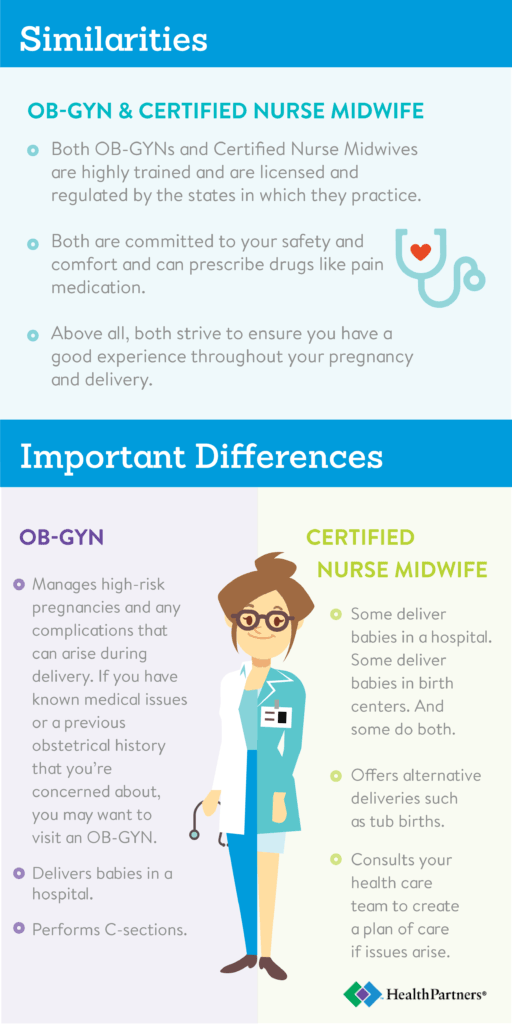
Midwife vs OB-GYN: What's the difference? | HealthPartners Blog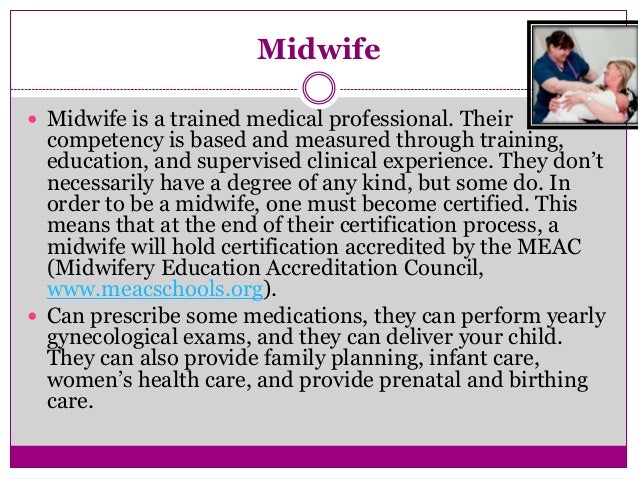
Difference between doula and midwives
Differences between midwives and doulas; both are awesome #worlddoulaweek #Calgary DOULA #birthbootcampDOULA | Doula, Doula training, Doula care
How to Choose Between an OB, a Midwife or a Doula
Why Doulas Rock - Birthing Freedom
Know the Difference Between a Midwife, OB, and Doula- 50 Questions – Birth Song Botanicals Co.
FAQ — solstice birth mn
Facebook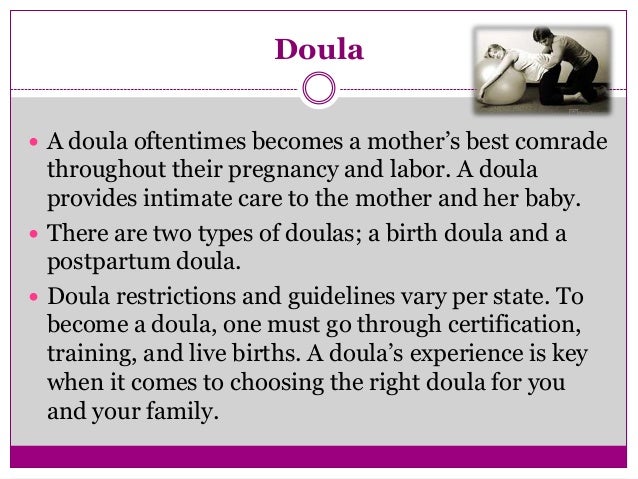
Difference between doula and midwives
The Birth Whisperer - Birth Doula - The Birth Whisperer | LinkedIn
Know your options: OBGYN, Certified Nurse Midwife, Doula - Comotomo
Doulas or Midwives; Whats The Difference? | The Social Justice Project
Know your options: OBGYN, Certified Nurse Midwife, Doula - Comotomo
Doula | Kaust are you pregnant?having a baby soon?Looking for support
Know your options: OBGYN, Certified Nurse Midwife, Doula - Comotomo
Why Are We Asking Doctors if Women Should Have Midwives? | Midwife, Midwifery, Midwifery quotes
Doulas and Midwives: Transforming the Landscape, Together • Midwifery Today
How to Choose Between an OB, a Midwife or a Doula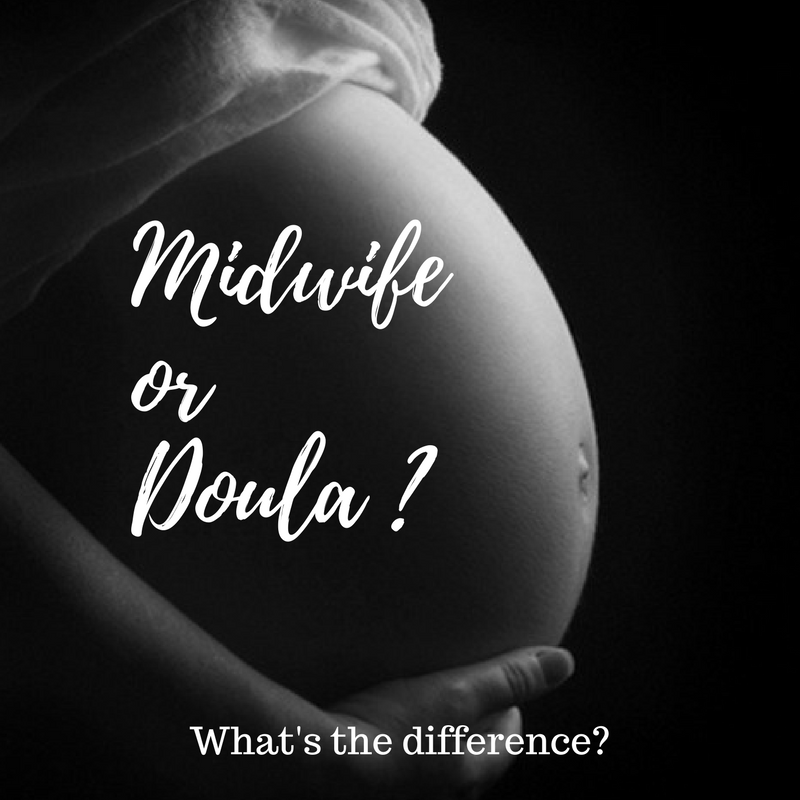
What is the difference between a Private Midwife and a Doula? – Emma Mills – Private Midwife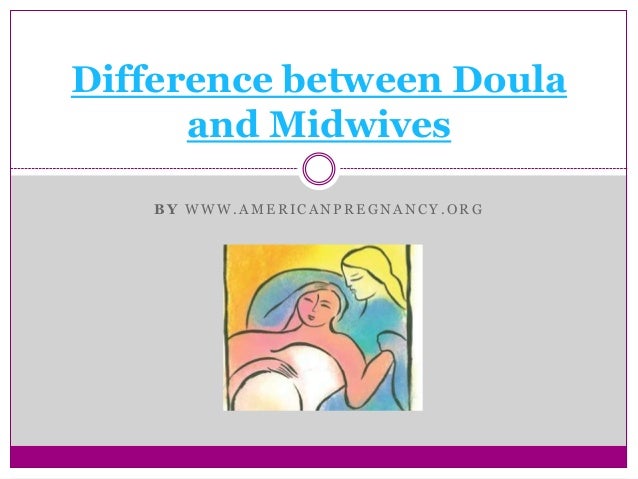
Difference between doula and midwives
Ultimate Guide to Doulas in Singapore: Recommended Doulas & Top Tips
The Difference Between A Midwife And a Doula
Doula or a midwife: What's the difference and should you get one?
What Is the Difference between a Doula and a Midwife? - Hero Birth Services
World Doula Week Series – Know the Difference Between a Doula & a Midwife
What's the Difference Between Midwives and Doulas? | Are Midwives and Doulas the Same? |Nurtured Foundation | Doula Services in Cleveland Ohio
Doulas Are Not Midwives and Midwives Are Not Doulas - Crowning Lotus Grand Rapids West Michigan Doula
Midwife vs Doula? What IS the difference?!
Nurse Midwife vs. Doula: What's the Difference, and Which One Do I Need? – Health Essentials from Cleveland Clinic
Doula vs. Midwife: Either, Neither, or Both?
What's the difference between a midwife and a doula? | HowStuffWorks
What's the Difference Between a Doula and a Midwife? - !
Doula vs. Midwife: Do You Need Both? What's the Difference?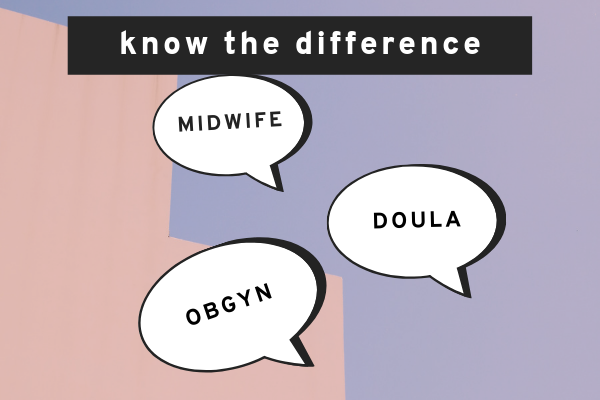
Know The Difference: OBGYN, Midwife, Doula - Allbodies
Doula Vs. Midwife: What is a Doula? What's the Difference?
 Doulas and Midwives in the Current Birthing Landscape – AMANI Birth
Doulas and Midwives in the Current Birthing Landscape – AMANI Birth






























Posting Komentar untuk "difference between midwife and doula"